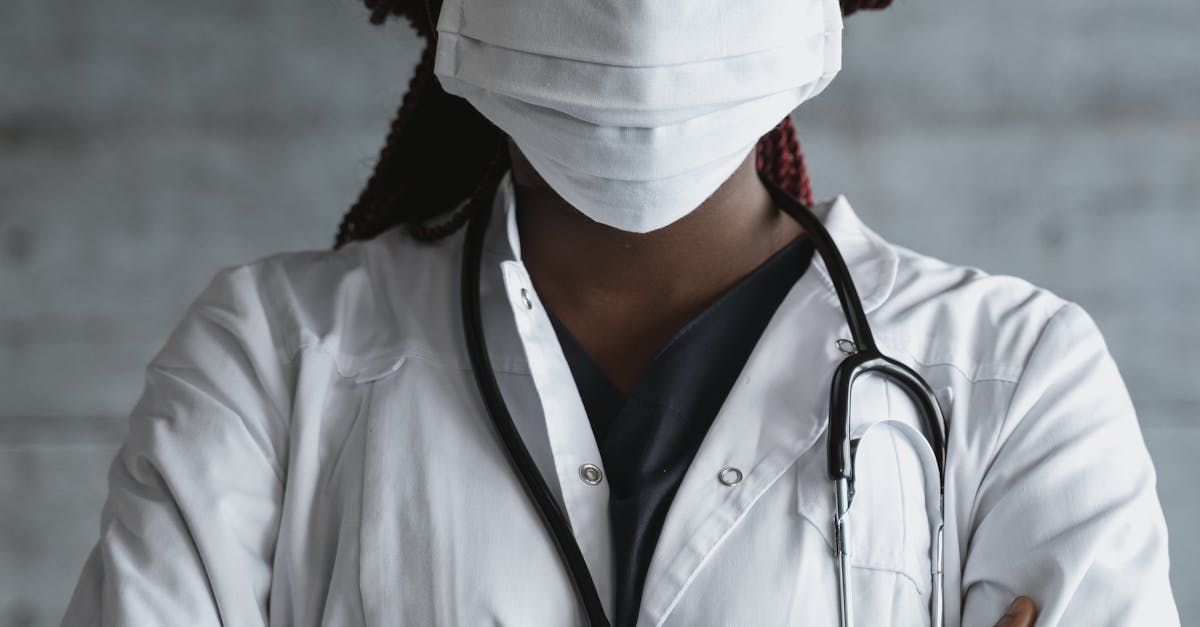
The Science Behind Facial Acupuncture in Medical Spa Treatments
The Psychological Effects of Facial Acupuncture
Facial acupuncture, a rejuvenating treatment gaining popularity in medical spas, offers more than just physical benefits. Beyond reducing wrinkles and improving skin tone, this ancient practice can have profound psychological effects on individuals. Many clients have reported a boost in self-confidence and a sense of overall well-being following consistent facial acupuncture sessions.
The act of receiving facial acupuncture can be a deeply relaxing experience, leading to a release of tension not just in the facial muscles but also in the mind. This relaxation effect, coupled with the sensation of energy flowing through the body during the treatment, can promote feelings of calmness and inner peace. Additionally, the holistic nature of facial acupuncture, which treats both the physical and energetic aspects of the individual, can help create a sense of balance and harmony within oneself.
Boosting SelfConfidence
Boosting self-confidence is a key psychological benefit of facial acupuncture in medical spa treatments. As individuals see visible improvements in their skin texture and overall complexion, they naturally start to feel more positive about their appearance. This enhanced self-image can have a ripple effect on various aspects of their lives, contributing to a more confident and self-assured demeanor.
Furthermore, the relaxation and stress-relief effects of facial acupuncture can also play a significant role in boosting self-confidence. By reducing tension and promoting a sense of well-being, individuals may experience increased mental clarity and emotional balance. This inner peace and relaxation often translate into a newfound sense of confidence and self-assurance that shines through in personal interactions and everyday activities.
Potential Side Effects and Risks of Facial Acupuncture
Facial acupuncture, like any medical procedure, carries potential side effects and risks that individuals should be aware of before undergoing the treatment. Some common side effects of facial acupuncture may include temporary redness or bruising at the needle insertion points. These mild effects typically subside within a few days as the body's natural healing processes take over.
In rare cases, more severe side effects such as infection or nerve damage can occur, especially if the treatment is not administered by a qualified and experienced practitioner. To mitigate these risks, individuals considering facial acupuncture should thoroughly research and choose a reputable medical spa with certified acupuncturists. It's essential to disclose any existing medical conditions or prescriptions to your practitioner to ensure the safest treatment possible. With proper care and attention to detail, the potential side effects and risks of facial acupuncture can be minimized for a safe and effective experience.
Understanding the Healing Process
During the healing process of facial acupuncture, it is essential to understand that the body undergoes a natural response to the treatment. The insertion of fine needles in specific facial points stimulates blood flow, collagen production, and overall skin rejuvenation. This process triggers the body's natural healing mechanisms, promoting tissue repair and regeneration.
Facial acupuncture assists in balancing the body's energy flow, known as Qi, which affects both physical and emotional well-being. By restoring harmony within the body, acupuncture aids in reducing inflammation, promoting relaxation, and enhancing the skin's natural radiance. Patients may experience improved skin texture, minimized fine lines, and a revitalized complexion as the healing process progresses.
Customizing Facial Acupuncture Treatments for Individual Needs
Customizing facial acupuncture treatments to meet individual needs is a key aspect of the practice. By tailoring the treatment plan to each person's unique concerns and skin conditions, acupuncturists can address specific issues effectively. Whether a client is dealing with acne, wrinkles, or uneven skin tone, the customized approach ensures that the treatment is targeted and precise.
During the initial consultation, the acupuncturist will assess the client's skin condition, health history, and concerns to develop a personalized treatment plan. This plan may involve targeting certain acupuncture points related to skin health, improving circulation, and promoting overall well-being. By customizing each session, the acupuncturist can ensure that the client receives the most beneficial and effective treatment for their individual needs.
Addressing Specific Skin Concerns
When it comes to addressing specific skin concerns, facial acupuncture is a versatile treatment option that can target a variety of issues. Whether you're dealing with acne scars, fine lines, or hyperpigmentation, facial acupuncture can be tailored to meet your unique skin needs. By stimulating collagen production and improving blood flow to the face, this holistic approach can help improve the overall texture and appearance of your skin.
In addition to targeting common skin concerns, facial acupuncture can also address issues such as puffiness, dark circles, and dullness. By targeting specific acupuncture points on the face, this treatment can help reduce inflammation, improve lymphatic drainage, and promote a more radiant complexion. With a customized approach that takes into account your unique skin type and concerns, facial acupuncture in a medical spa setting can offer a comprehensive solution for achieving healthier, more youthful-looking skin.
FAQS
Is facial acupuncture just for beauty purposes?
Facial acupuncture not only enhances beauty but also offers various health benefits such as improved circulation, reduced muscle tension, and enhanced overall skin health.
Are there any psychological effects of facial acupuncture?
Yes, facial acupuncture can have psychological effects such as boosting self-confidence and promoting relaxation due to its holistic approach to wellness.
What are the potential side effects and risks of facial acupuncture?
While facial acupuncture is generally safe, some risks include bruising, soreness, and allergic reactions. It is essential to consult a qualified practitioner to minimize any potential risks.
How is facial acupuncture customized for individual needs?
Facial acupuncture treatments can be tailored to address specific skin concerns and individual needs, ensuring a personalized approach to achieve optimal results.
How can I understand the healing process of facial acupuncture?
Understanding the healing process of facial acupuncture involves recognizing that results may vary based on individual factors such as skin type, lifestyle choices, and treatment consistency.
Related Links
Facial Acupuncture Techniques Used in Modern Medical Spa SettingsFacial Acupuncture: Addressing Common Skin Concerns in Medical Spa Settings